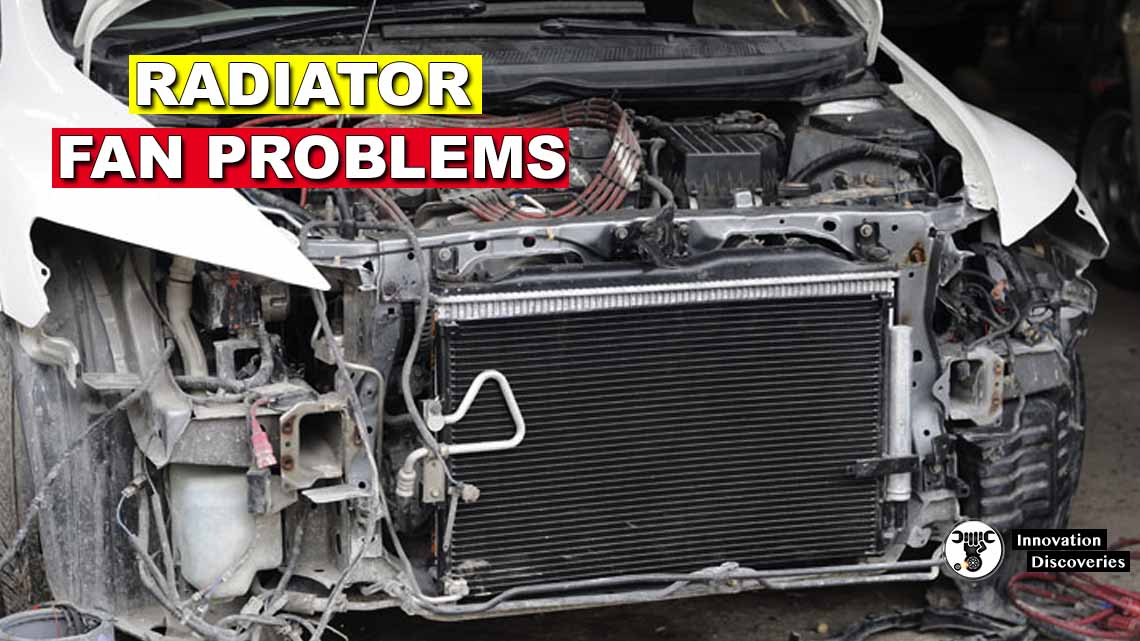
Introduction:
The radiator plays a crucial role in keeping your car’s engine cool, and when it starts heating up, it’s a cause for concern. One of the primary components responsible for maintaining proper radiator temperature is the radiator fan.
In this article, we’ll explore five common radiator fan problems that could be causing your car’s radiator to heat up and what you can do about them.
1. Faulty Fan Motor:
The fan motor is the powerhouse behind the radiator fan, responsible for spinning the blades to create airflow over the radiator. Over time, the motor can wear out or fail due to various reasons such as electrical issues or simply wear and tear.
Symptoms of a faulty fan motor include the fan not spinning at all or spinning irregularly, leading to inadequate cooling of the radiator.
Solution: If you suspect a faulty fan motor, it’s best to have it inspected by a qualified mechanic. They can perform tests to determine if the motor needs to be repaired or replaced.
2. Blown Fuse:
A blown fuse in the circuit that controls the radiator fan can prevent it from functioning correctly. Fuses can blow due to electrical issues or if there’s an overload in the circuit, cutting off power supply to the fan.
Solution: Check the fuse box for any blown fuses related to the radiator fan circuit. If you find any, replace them with fuses of the same rating. If the fuse continues to blow, it’s a sign of an underlying electrical problem that needs to be addressed by a professional.
3. Defective Relay:
The relay is responsible for sending power to the radiator fan when it’s needed, typically when the engine reaches a certain temperature. A defective or malfunctioning relay can prevent the fan from receiving the necessary power to operate, resulting in overheating.
Solution: Test the relay using a multimeter to check for continuity. If the relay is faulty, replace it with a new one. Ensure that you use the correct relay specified for your vehicle’s make and model.
4. Broken Fan Blades:
The fan blades can become damaged or broken over time due to wear and tear or external factors such as debris on the road. Broken blades hinder the fan’s ability to generate sufficient airflow over the radiator, leading to inadequate cooling.
Solution: Inspect the fan blades for any signs of damage or breakage. If you notice any, replace the fan assembly to ensure proper cooling performance.
5. Blocked or Restricted Airflow:
Even if the radiator fan is functioning correctly, blocked or restricted airflow to the radiator can still cause overheating issues. Common culprits include dirt, leaves, or other debris lodged between the radiator fins or in front of the fan.
Solution: Regularly inspect the radiator and fan area for any obstructions and clean them as needed. Ensure that there’s sufficient clearance around the radiator for proper airflow.
Conclusion:
When your car’s radiator starts heating up, it’s essential to address the issue promptly to prevent potential engine damage. By understanding these common radiator fan problems and their solutions, you can troubleshoot and resolve radiator heating issues effectively.
However, if you’re unsure or unable to diagnose the problem yourself, don’t hesitate to seek assistance from a qualified mechanic for professional diagnosis and repair.
Taking proactive measures to maintain your car’s cooling system can help ensure smooth and trouble-free driving experiences.
Also, read:
Discover More:
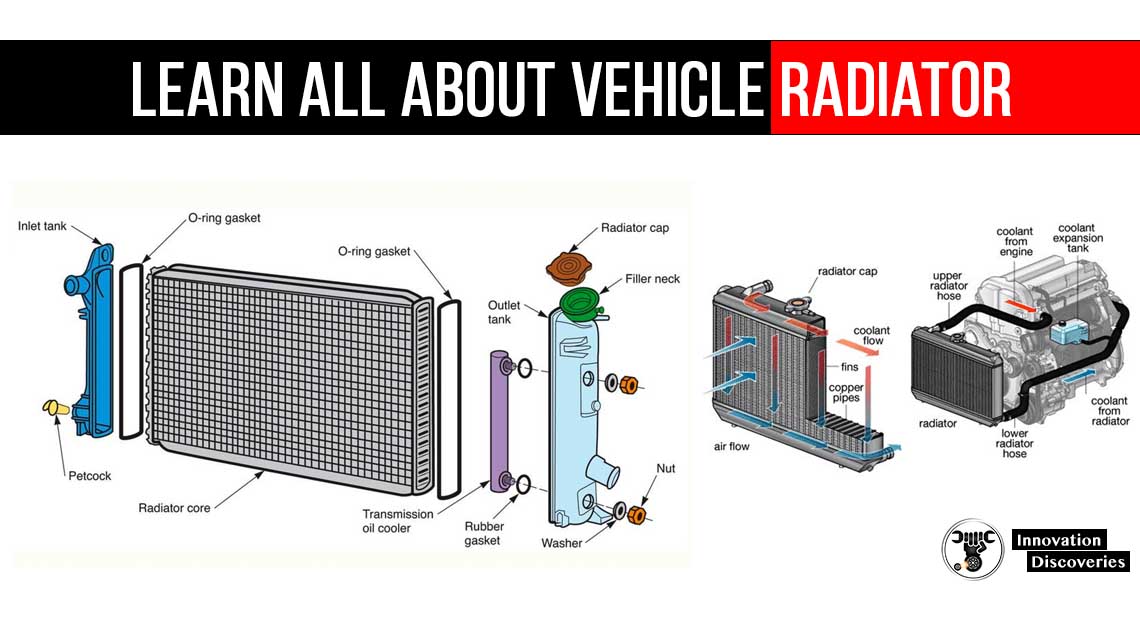
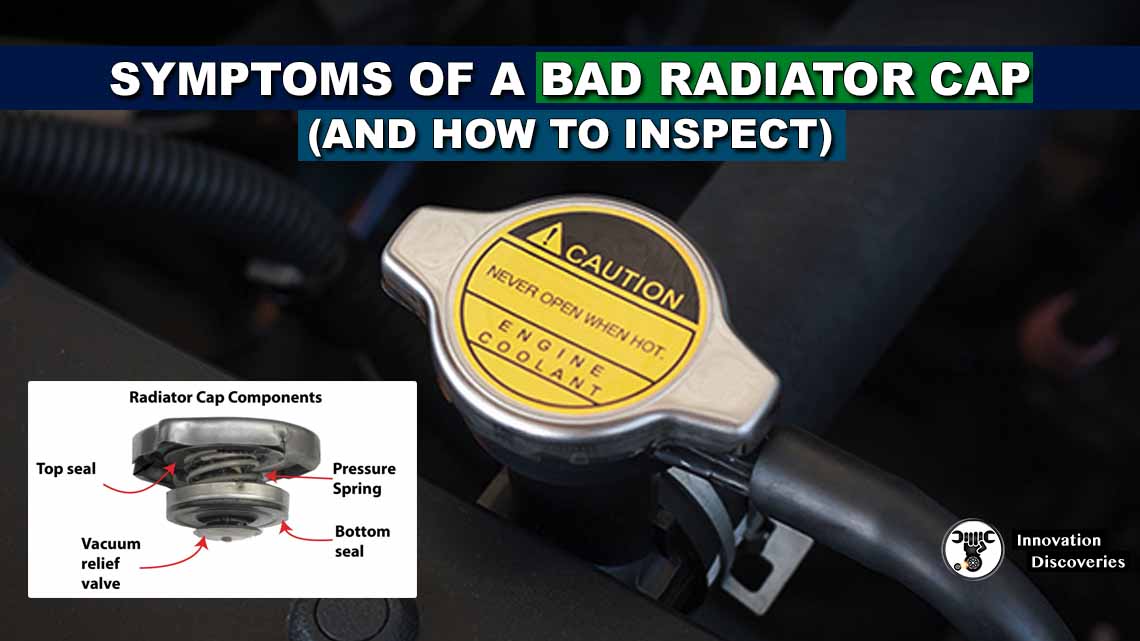
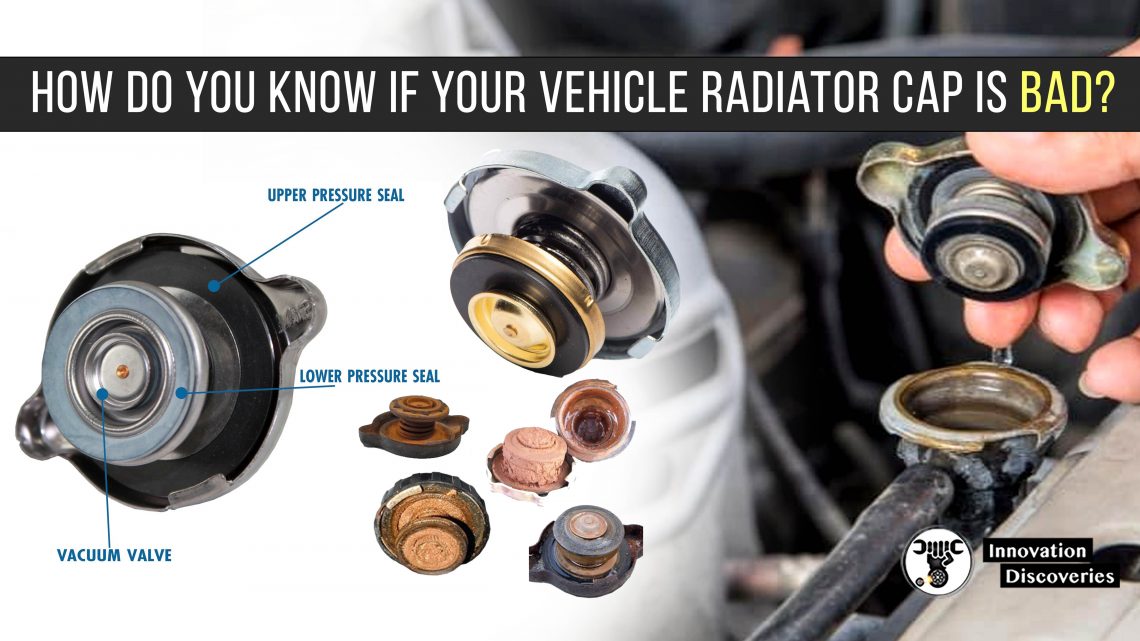
Read More:
- WORKING OF THERMOSTATS
- CAR THERMOSTAT FUNCTIONS, FAILURE SYMPTOMS, AND REPLACEMENT COST
- PISTON DAMAGE FROM OVERHEATING
- SYMPTOMS OF AN EXHAUST LEAK
- EXHAUST GAS RECIRCULATION (EGR)
- HOW AN ENGINE COOLING SYSTEM WORKS
- WATER COOLING VS AIR COOLING
Read: BLEED A RADIATOR AT HOME EASILY
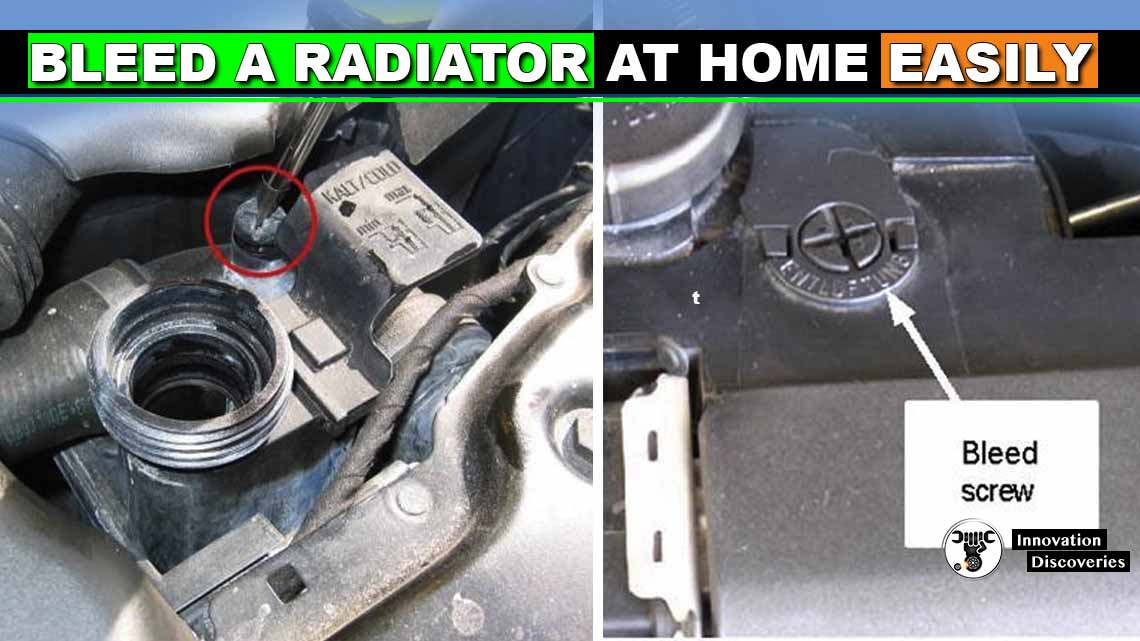
HOW TO APPLY A TEMPORARY REPAIR FOR UPPER RADIATOR HOSE?
Visit Forum
Visit Our Friendly Website


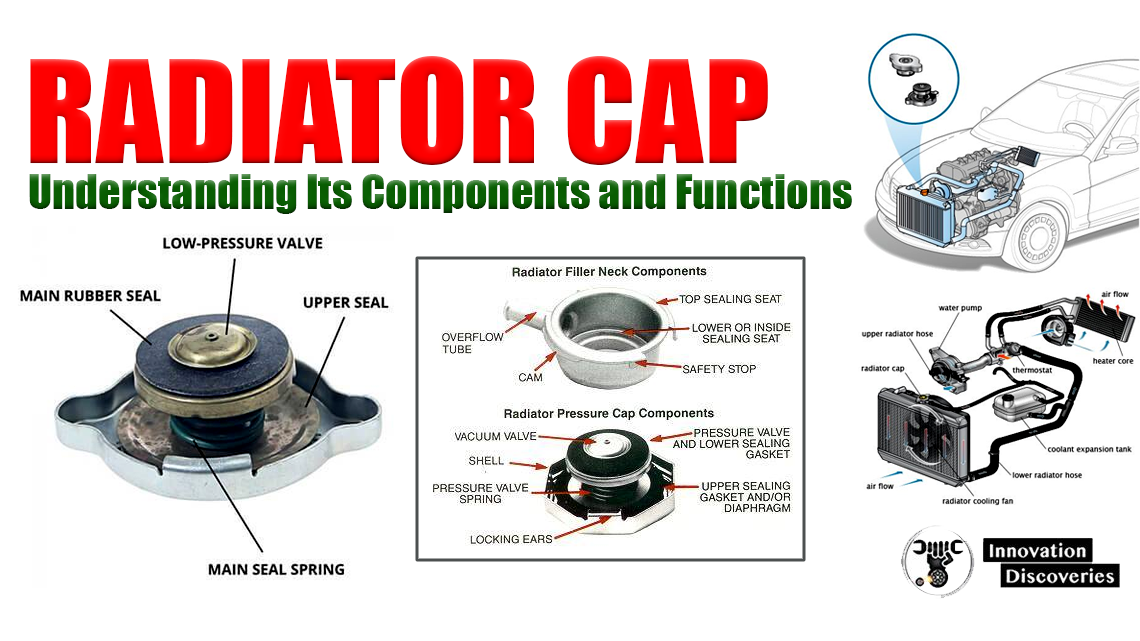

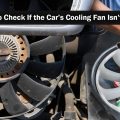

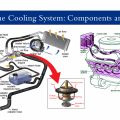
One Comment